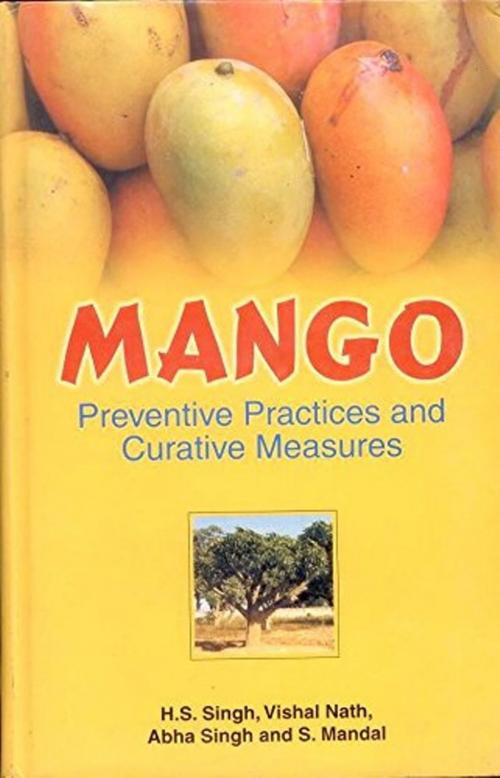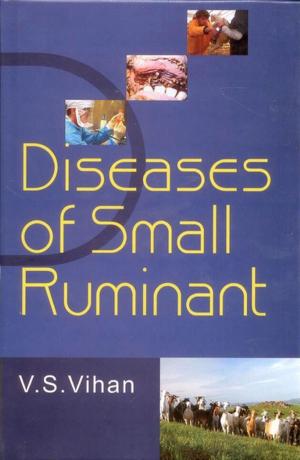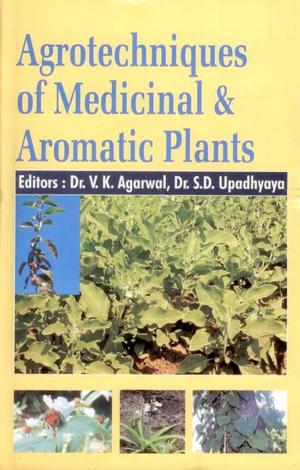Mango
Preventive Practices and Curative Measures
Nonfiction, Science & Nature, Science, Biological Sciences, Horticulture| Author: | H. S. Singh, Vishal Nath | ISBN: | 9789384988395 |
| Publisher: | Satish Serial Publishing House | Publication: | June 30, 2008 |
| Imprint: | Satish Serial Publishing House | Language: | English |
| Author: | H. S. Singh, Vishal Nath |
| ISBN: | 9789384988395 |
| Publisher: | Satish Serial Publishing House |
| Publication: | June 30, 2008 |
| Imprint: | Satish Serial Publishing House |
| Language: | English |
India is the largest producer of mango in the world. The productivity of mango is low due to poor initial planning, inferior planting material, poor orchard management practices, unscientific post harvest practices and natural calamities. Vegetative dominance over reproductive phase, irregular flowering, erratic fruit set and its growth, fruit drop, post harvest losses, pests, diseases, disorders and adverse climatic conditions affect the economic cultivation of mango. In order to avoid loss and increasing profitability, it is necessary to take steps from initial stage so that vigour and growth of the orchard is maintained by performing proper operations right from planning of orchard to sale of the produce.
In mango cultivation, today major issues are nutrition, irrigation, pests, diseases and disorders which can be rated as the critical issues for attention to improve its productivity and quality. Improvement in production of planting material is an area that needs action to stop or slow down the re-cycling of disease and pest problems in old and new orchards.
Educating growers, contractors and extension officers on these aspects to broaden their knowledge base is the key issue of the day. The present book has been prepared to address the field related problems of mango growers in action mode with a view that scientific planning, good horticultural practices and proper pest knowledge save a farmer from problems and losses in future. The book is presented in simple language without the load of conflicting views so that readers can understand and take proper steps from very beginning to avoid problems in future. Alltogether, 21 chapters and an appendix of the book cover various aspects of mango cultivation and problems, based on updated information vis-à-vis the research and field experiences of the authors’.
India is the largest producer of mango in the world. The productivity of mango is low due to poor initial planning, inferior planting material, poor orchard management practices, unscientific post harvest practices and natural calamities. Vegetative dominance over reproductive phase, irregular flowering, erratic fruit set and its growth, fruit drop, post harvest losses, pests, diseases, disorders and adverse climatic conditions affect the economic cultivation of mango. In order to avoid loss and increasing profitability, it is necessary to take steps from initial stage so that vigour and growth of the orchard is maintained by performing proper operations right from planning of orchard to sale of the produce.
In mango cultivation, today major issues are nutrition, irrigation, pests, diseases and disorders which can be rated as the critical issues for attention to improve its productivity and quality. Improvement in production of planting material is an area that needs action to stop or slow down the re-cycling of disease and pest problems in old and new orchards.
Educating growers, contractors and extension officers on these aspects to broaden their knowledge base is the key issue of the day. The present book has been prepared to address the field related problems of mango growers in action mode with a view that scientific planning, good horticultural practices and proper pest knowledge save a farmer from problems and losses in future. The book is presented in simple language without the load of conflicting views so that readers can understand and take proper steps from very beginning to avoid problems in future. Alltogether, 21 chapters and an appendix of the book cover various aspects of mango cultivation and problems, based on updated information vis-à-vis the research and field experiences of the authors’.















